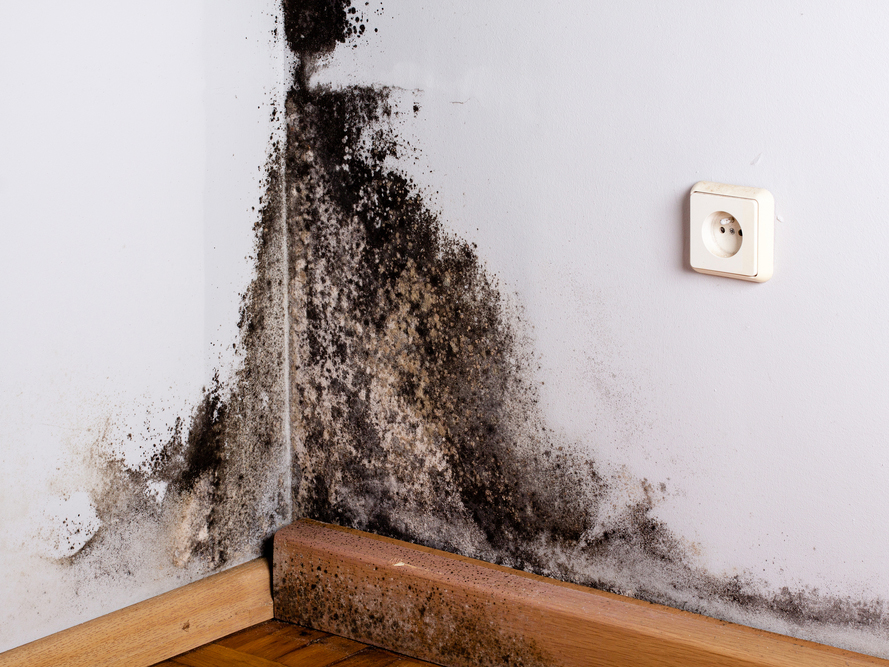Mould is not just an issue that is confined to the winter months. In fact, it’s estimated that up to 5% of UK households are tackling a mould-related issue, which in turn negatively affects the health of the occupants. Today, we’ll be looking at what these health implications are, as well as the signs of mould in your household.
Mould Removal London is your local mould remediation service operating throughout London and the surrounding areas. Their Dewpoint-accredited technicians have received comprehensive training and have access to cutting-edge mould removal solutions. From the moment they arrive at your property, they put their knowledge and expertise to effective use in tackling your mould issue at the source.
Below, they have listed the ways in which mould can affect your health and the health of those living in the property.
What is mould?
Although mould has received a bad reputation for its negative impact on our health at home, it plays an essential role in nature by breaking down biological waste. A way of thinking of mould is as nature’s recycler, returning nutrients and energy to the earth when breaking down waste.
How do I spot mould?
While mould can appear in many different forms and colours, such as white, green, and orange, the most common form to appear in households is black mould. With how common mould issues are becoming in UK households, it’s likely you would have spotted these dark patches, which are often found in humid areas of the home.
Often associated with a musty smell in the home, mould spores can be spread through physical contact or when floating through the air, after which they attach to surfaces and begin to grow if the conditions are right.

What are the health implications of mould?
As useful as mould is in nature, within the home it can have some rather nasty effects on our health. Over time, mould produces allergens and toxins which are spread via touch or inhalation. In larger concentrations of mould, the quantity of allergens is increased which further exacerbates any potential health implications.
It is worth noting that different people react differently to mould, however common reactions include sneezing, red eyes, rashes, and coughing. Unfortunately, for those who have pre-existing respiratory conditions such as asthma, these health issues can be triggered or even made worse.
Babies, the elderly, and those with a weakened immune system are particularly at risk from contact with mould. A study considering the effects of mould on children found that children living in homes with higher levels of mould had an increased risk of developing asthma by the age of seven.
How can I protect myself around mould?
The best way to protect yourself from mould is to tackle mould build-ups before they spread. In smaller concentrations, mould can usually be removed with a mild detergent. However, we highly recommend wearing respiratory protection when doing so, as mould particles will be disturbed in the cleaning process.
For higher concentrations of mould as well as the complete removal of mould from surfaces and the air, we advise getting in touch with a professional mould removal company. Mould Removal London’s expert technicians are ready to help you with a service tailored to your individual needs. To learn more about the services they offer, visit their website today.






